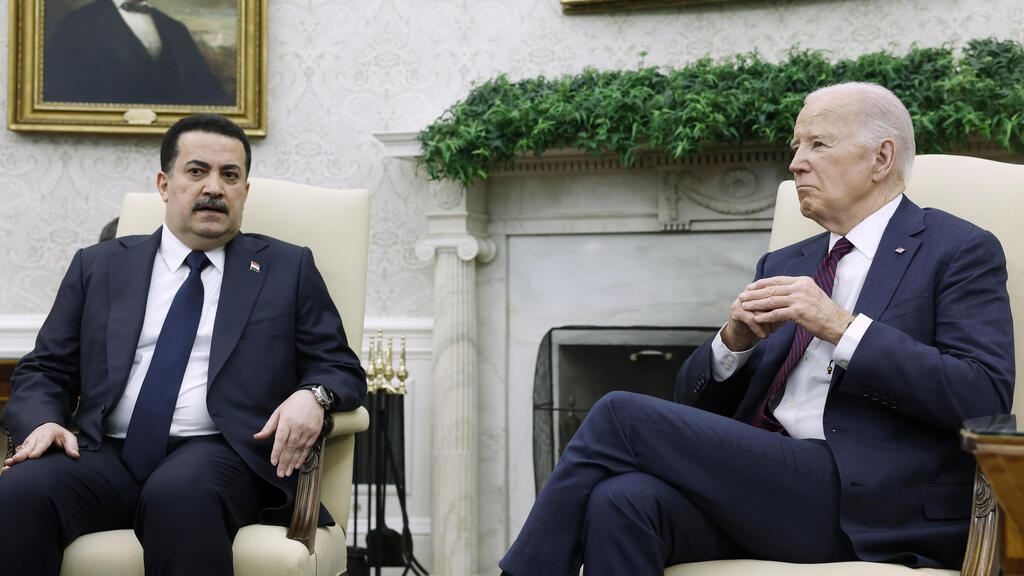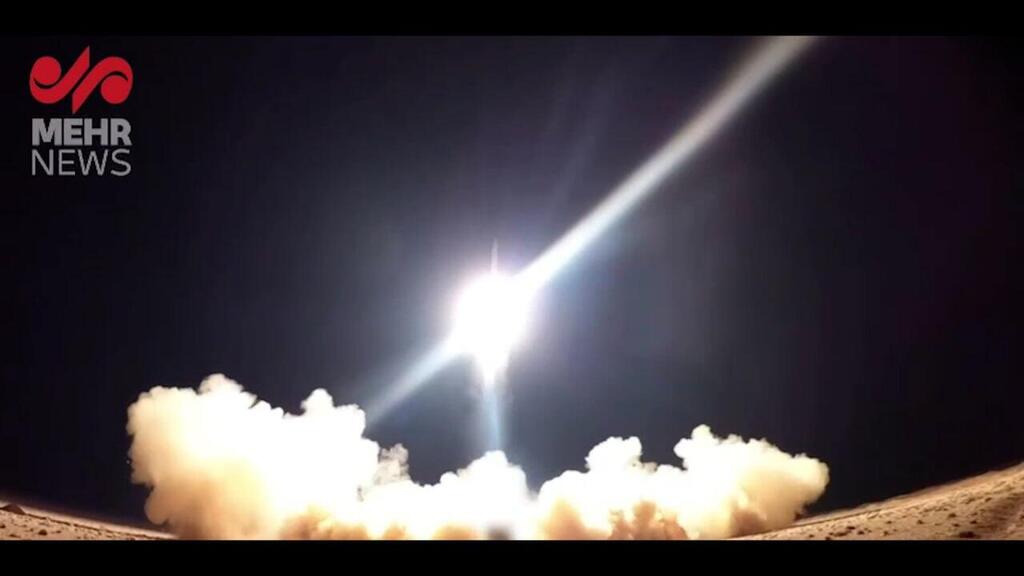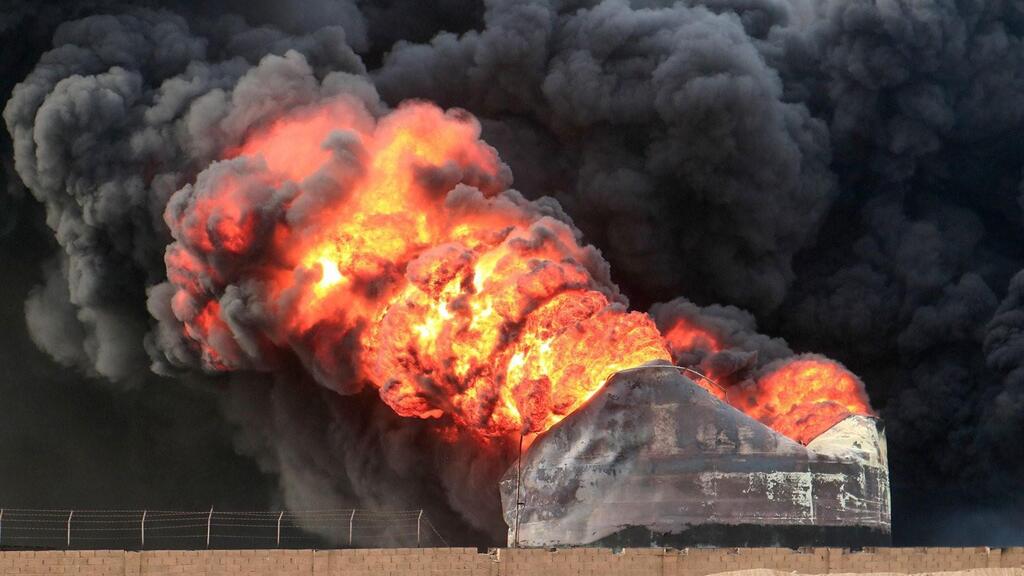Getting your Trinity Audio player ready...
As tensions escalate in the Middle East, Iraq finds itself at the center of a brewing conflict between Iran and Israel, with Iraqi leaders reportedly divided over the country's involvement.
According to a report in the UK-based, Saudi-owned Asharq Al-Awsat newspaper, Iraq’s role as a key "corridor" for Iranian missiles en route to Israel is a source of significant internal contention.
Iran previously used Iraqi airspace in April to launch a strike on Israel, deploying 300 missiles and drones in response to the killing of a senior Iranian Revolutionary Guard Corps (IRGC) official in Damascus. Some of these projectiles, which were not intercepted, landed inside Iraq, including a drone that fell in the holy Shiite city of Najaf.
Pro-Iranian militias in Iraq have also targeted Israel multiple times since the start of hostilities and have coordinated attacks with Houthi rebels in Yemen. In addition, these militias have resumed assaults on U.S. bases in Iraq, which had been paused while the Iraqi government considered demands to expel U.S. forces.
Iraqi Prime Minister Mohammed Al-Sudani is caught between appeasing pro-Iran militias and Tehran, while also maintaining the presence of U.S. bases in the country. The recent resumption of attacks on these bases underscores the delicate balance he is trying to maintain.
3 View gallery


Iraqi Prime Minister Mohammed Al-Sudani with US President Joe Biden at the White House
(Photo: Anna Moneymaker/Getty Images)
The Asharq Al-Awsat report highlighted ongoing social media debates regarding Iraq's role in the conflict. A source close to Baghdad's ruling coalition noted that Iraq’s proximity to both Iran and Israel could have serious consequences if war breaks out, leaving the country vulnerable.
"Iraqi lands will be open if war breaks out, as they were in April when all of the missiles crossed Iraqi airspace," the source said, adding that the government would struggle to control Shiite militias who might launch attacks from within Iraq.
The source also expressed concern that these militias could escalate their actions, potentially prompting Israeli retaliation against critical Iraqi infrastructure, such as the ports in Basra—similar to Israel's strike on Yemen's Hodeida port in response to a Houthi drone attack on Tel Aviv.
A former Iraqi diplomat told the newspaper that Iraq hopes to remain neutral in any regional conflict involving Iran. "Iraq is in effect a neutral country in terms of the government, and declaring war or peace is a matter for parliament," he said. He warned that the complexities surrounding the militias could lead to disunity in Iraq if war erupts.
Danny Citrinowicz, a fellow at the Institute for National Security Studies (INSS) and a former senior member of Israeli military intelligence, emphasized the potential threat posed by Iraq. "The Shiite militias have advanced drone capabilities and close cooperation with Hezbollah and the Houthis in Yemen," he said. "Their growing military strength, nurtured by Iran, makes them a significant threat to Israel’s security."





